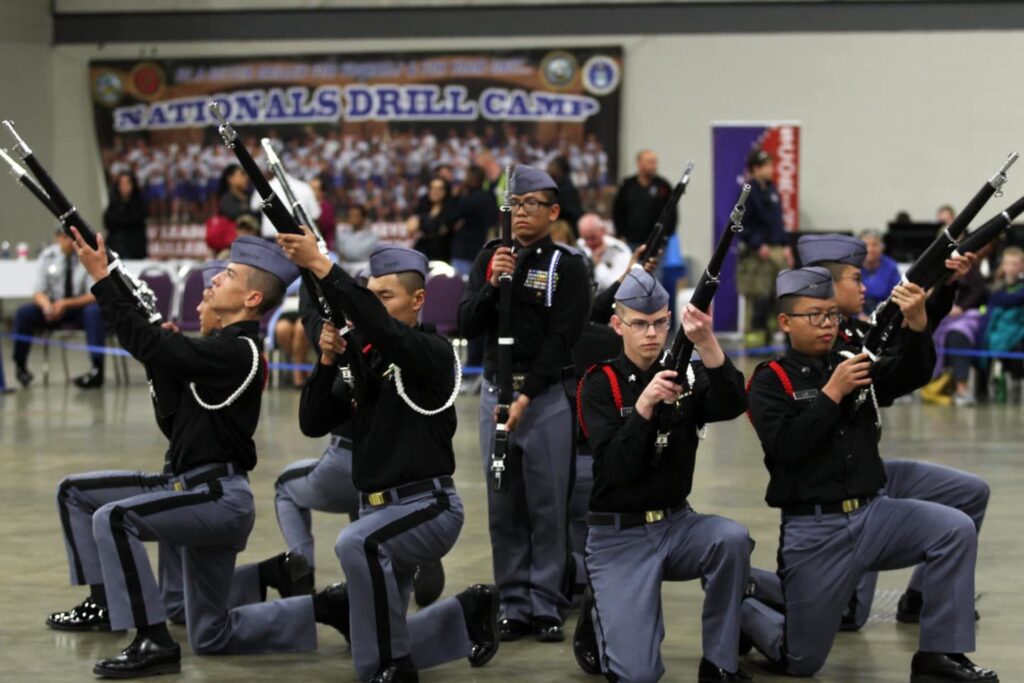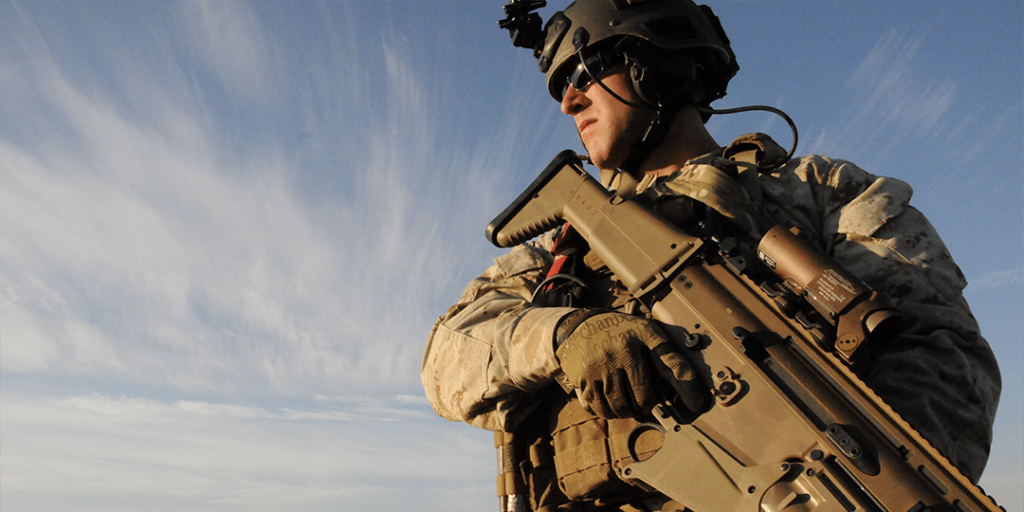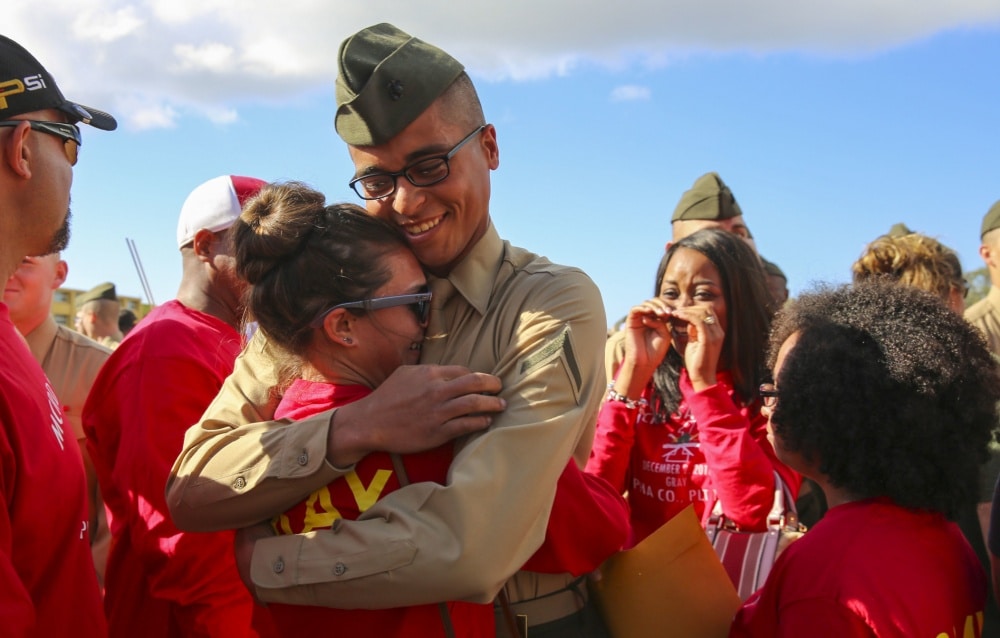
- The App
- Sandboxx News
- Resources
Learn
- Company
About
Become a Partner
Support
- The App
- Sandboxx News
- Resources
Learn
- Company
About
Become a Partner
Support
When my soldier went off to his first duty station in Germany, my first thought was how we would communicate. Over the years, he headed...
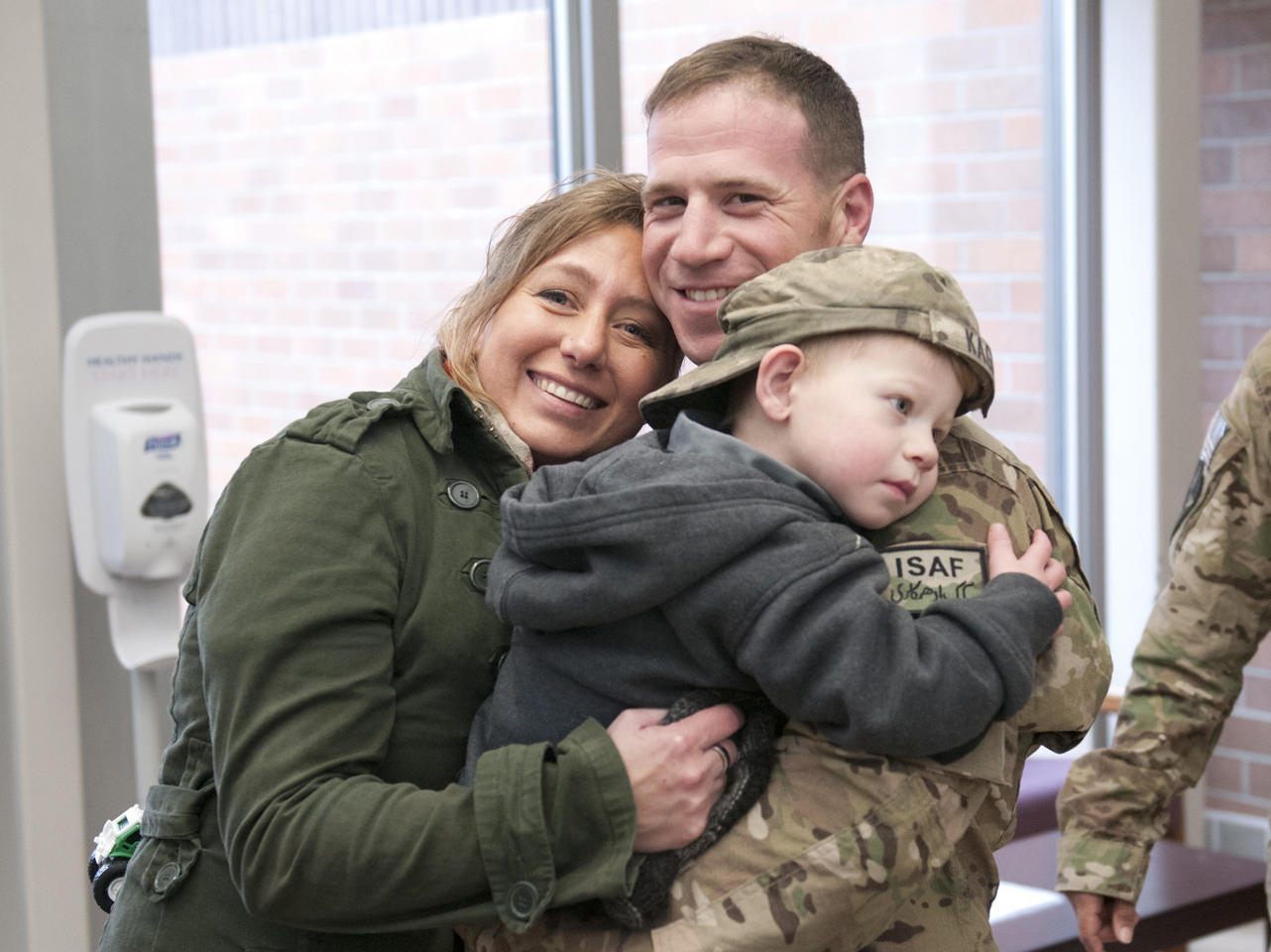
When my soldier went off to his first duty station in Germany, my first thought was how we would communicate.
Over the years, he headed to Afghanistan, South Korea, and other far-flung locations.
Long distance calls would get expensive and were out of the question. We came up with ways to communicate long before he left and reasonable expectations.
Remember the days when you spoke to your child daily? Stay tuned for big changes as your soldier traverses the country or globe. Communications may get limited, regardless of the method used.
When your child heads out to basic training, prepare for limited communication. You’ll receive a 2-minute call to let you know they arrived. Thereafter, letters will be your main form of communication.
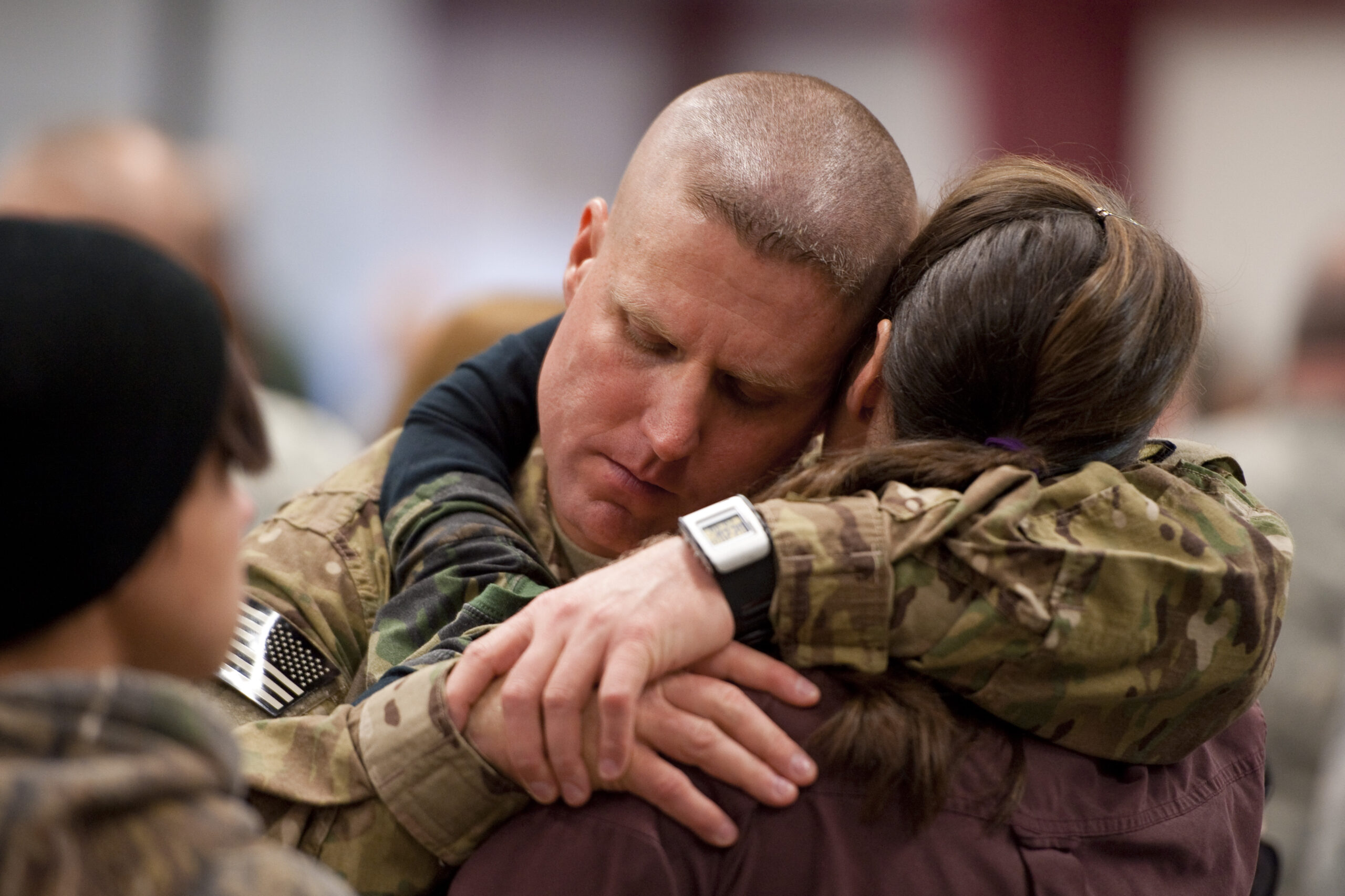
If your child deploys, expect the unexpected. Deployment locations may be sensitive or the military unit may be out in the field. In this case, letters or emails can go unanswered for days or weeks.
Other assigned duty stations may be far away but without the communications restrictions.
Whichever situation you find yourself in, it may be difficult to get hold of your child. Remember, your soldier has an important job to do and may not be able to respond as often as you’d like.
Don’t worry. You can still keep in touch.
Communication is as important for your soldier as it is for you. Create a communications plan before your soldier leaves for any far off location.
Before my soldier departed to far away locations we agreed on communications methods.
Family and friends got onboard with the same phone apps or other communications tools. We tested and made sure they worked. Our plan differed depending on location and available tools. In basic training, letter writing was my friend. For overseas locations, phone apps like KakaoTalk and WhatsApp worked best
Find out ahead of time whether your soldier will have Internet access. We gave my soldier a tablet to take with him to help with communications.
Having a plan ahead of time is the best way to stay connected!
Phone calls are the best! They may not always be possible depending on your soldier’s assignment. If your soldier is overseas, long distance calls can get expensive.
Instead, you can call, text, and video chat for free with phone apps! If your soldier has Wi-Fi Internet, communicating with KakaoTalk, WhatsApp, and Signal make it easy. There are many apps to choose from. The aforementioned are a few of our favorites.
And you can do it all without the high phone bill cost.
Be sure to use deployment-friendly apps if your soldier is deployed. Some U.S. Military branches ban certain phone apps. Your soldier should know what they are.
If your soldier is at Basic Training, Sandboxx app is a fabulous way to communicate with your soldier and get letters there fast. You can also use the Sandboxx app if your son or daughter is deployed.
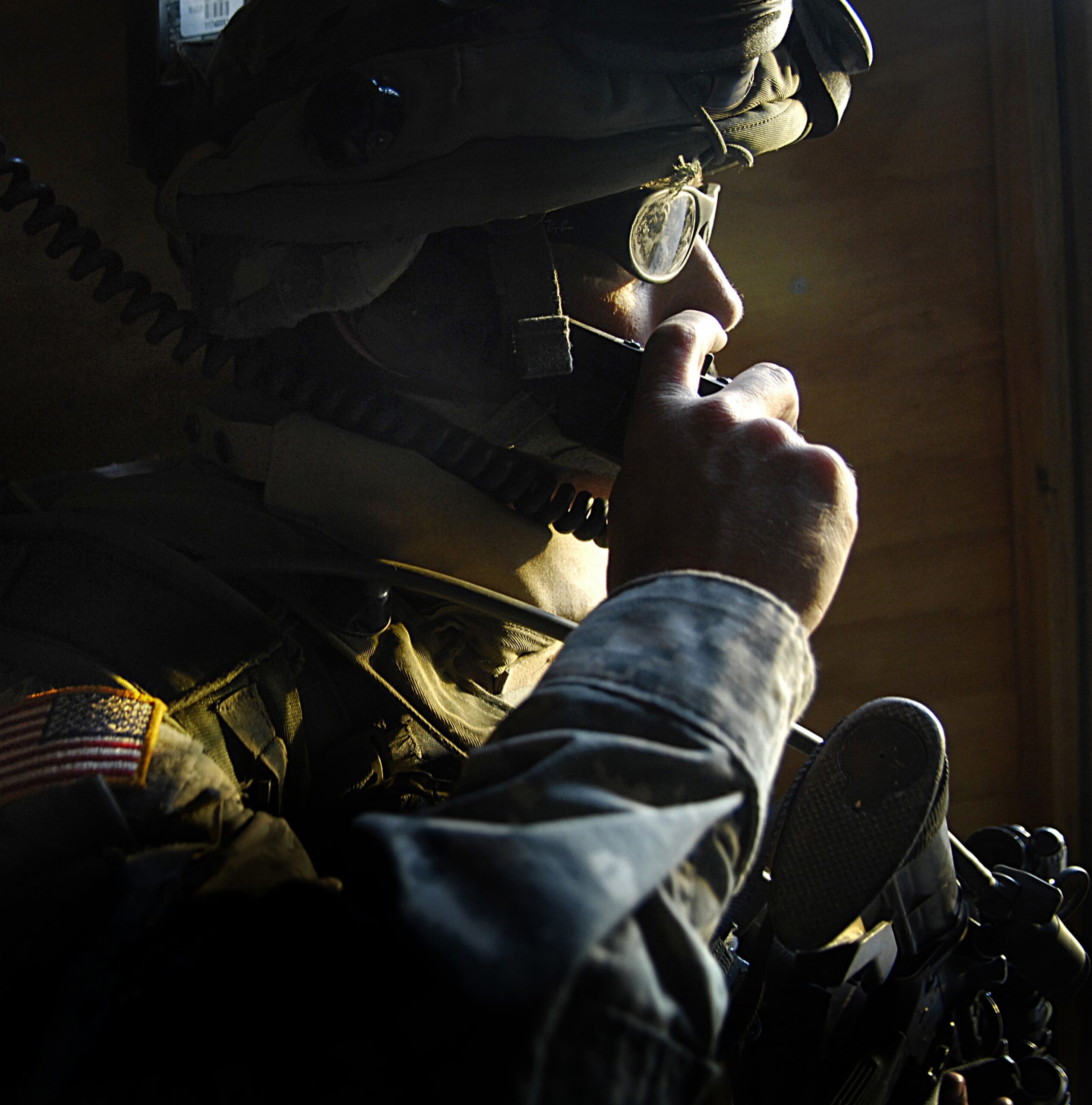
Letters and packages are always welcome and was our number one way to stay in touch. I may have sent an overabundance of packages during my soldier’s Afghanistan deployment. But it was OK since he got to share with his battle buddies.
Find out ahead of time what your soldier might need in a package. They are usually limited on space so sending items they can use is the best plan.
Sending postcards is a fun way to communicate with your soldier. During my soldier’s Afghanistan deployment, I enlisted the help of family and friends around the country. We sent postcards from many fabulous locations with a brief message of thanks.
My soldier loved the beautiful scenic postcards, many of which were a pictorial slice of home. He also appreciated that so many people were thinking about him.
My soldier gave me his military address before he left for any assignment. Your soldier may or may not be able to get an address before leaving. Find out.
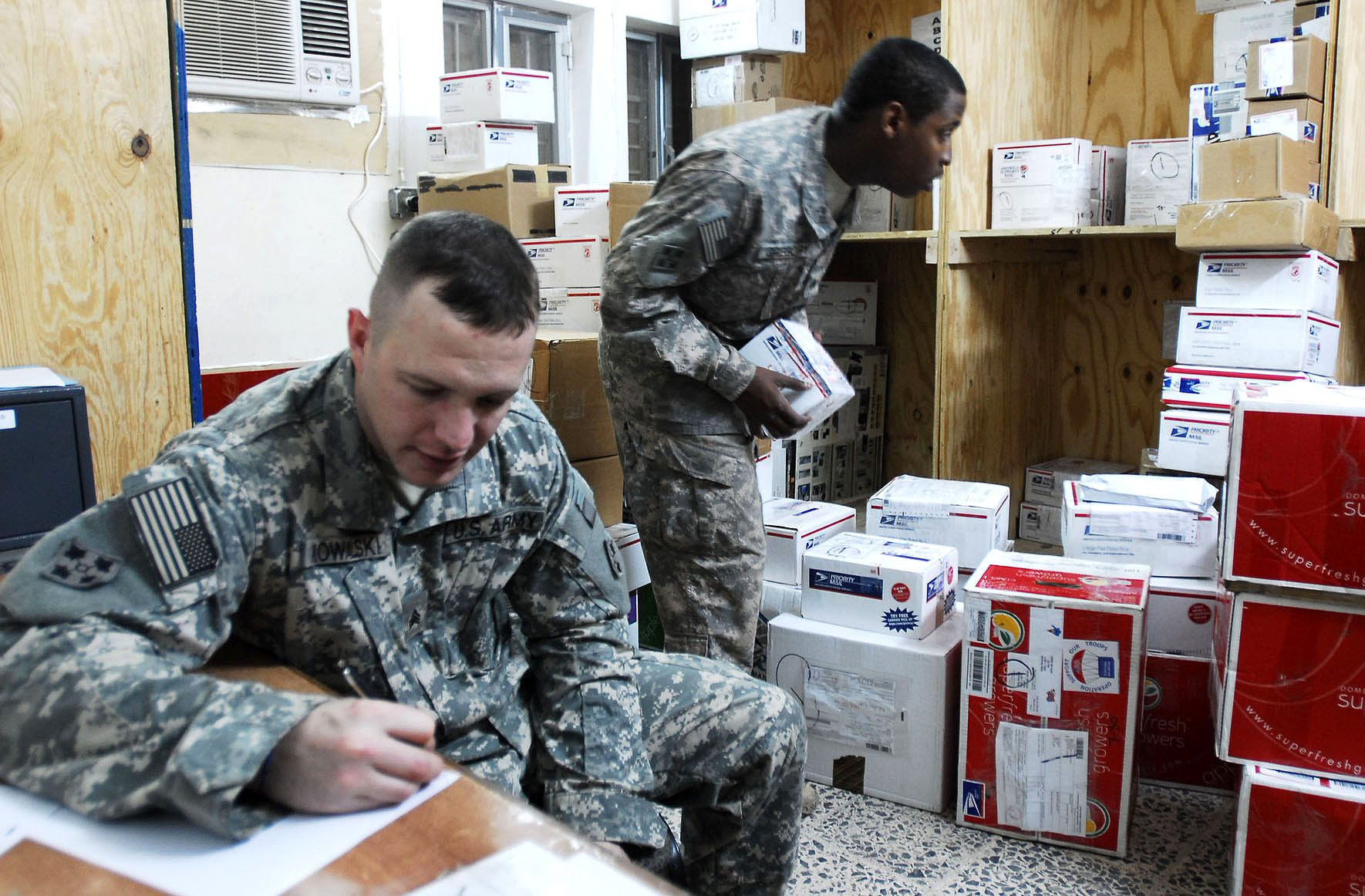
Regardless of the communication method, be responsible. Whether you write, call, text, or video, do not disclose information and do not ask your soldier mission-related questions.
In today’s world, disclosure of detailed information can put our troops in danger. The less you and they share, the better.
Learn more about Military Operational Security. OPSEC comprises a set of best practices and rules to keep service members safe, protect critical information, and ensure that military operations stay secret.


